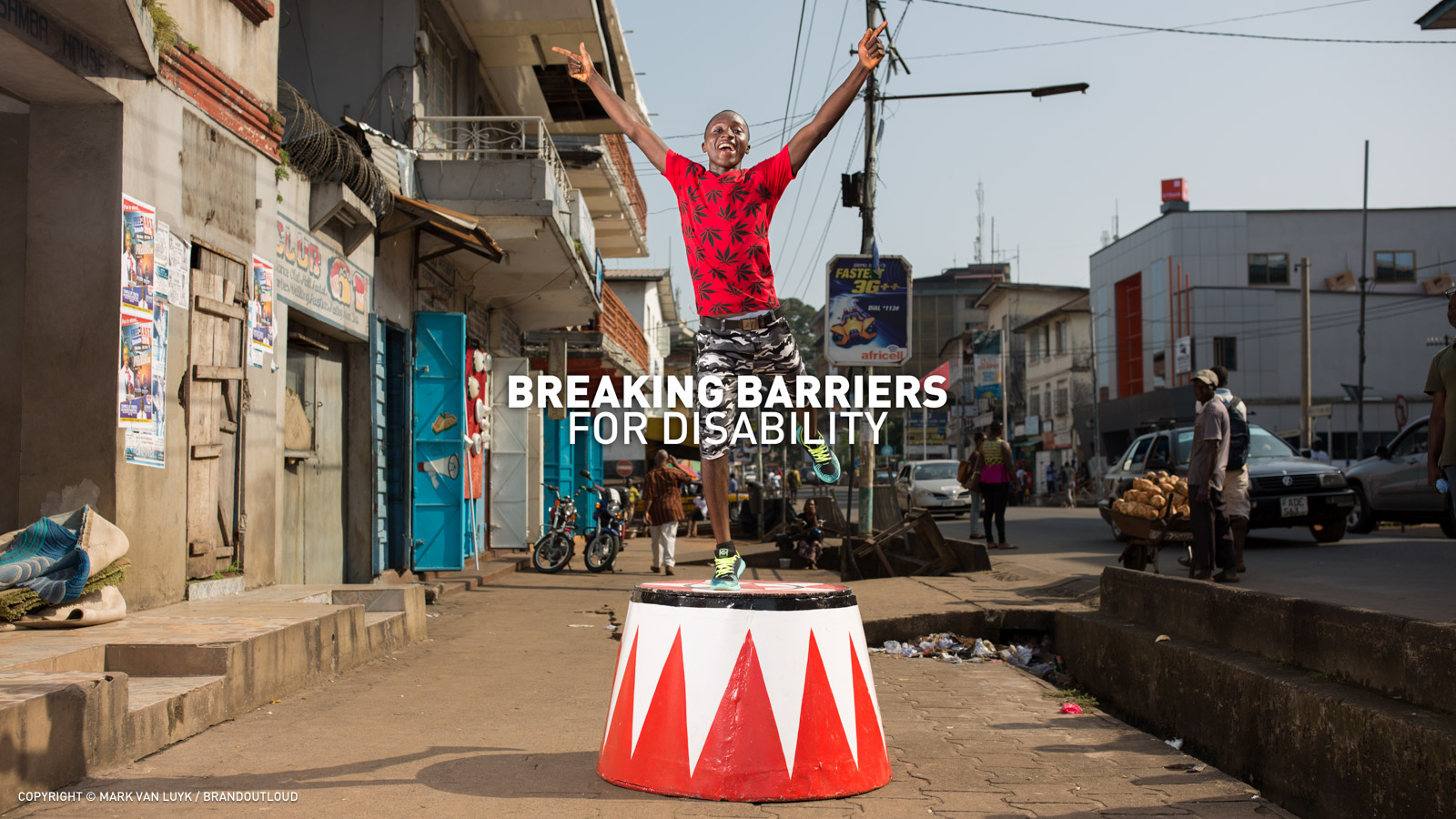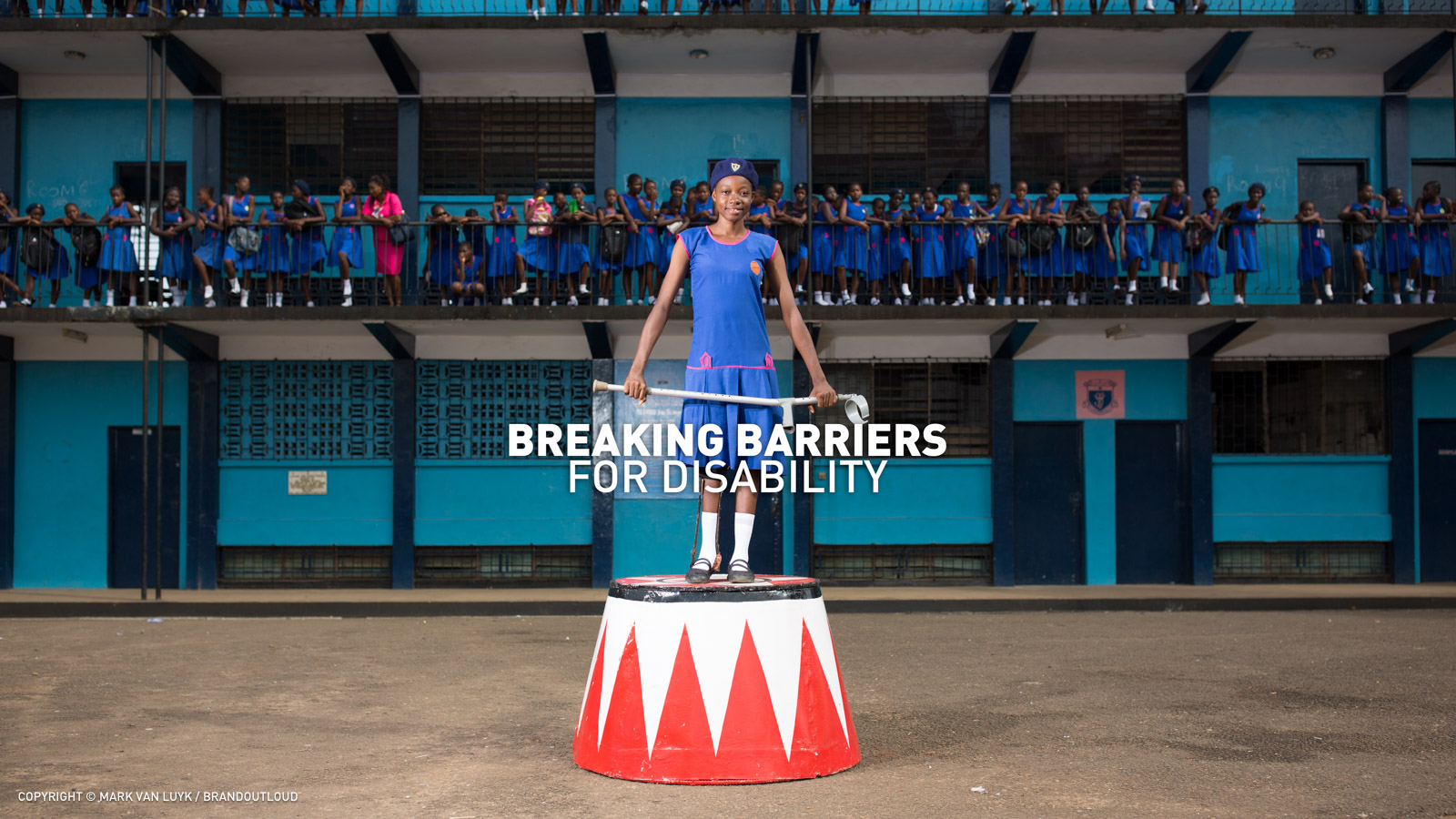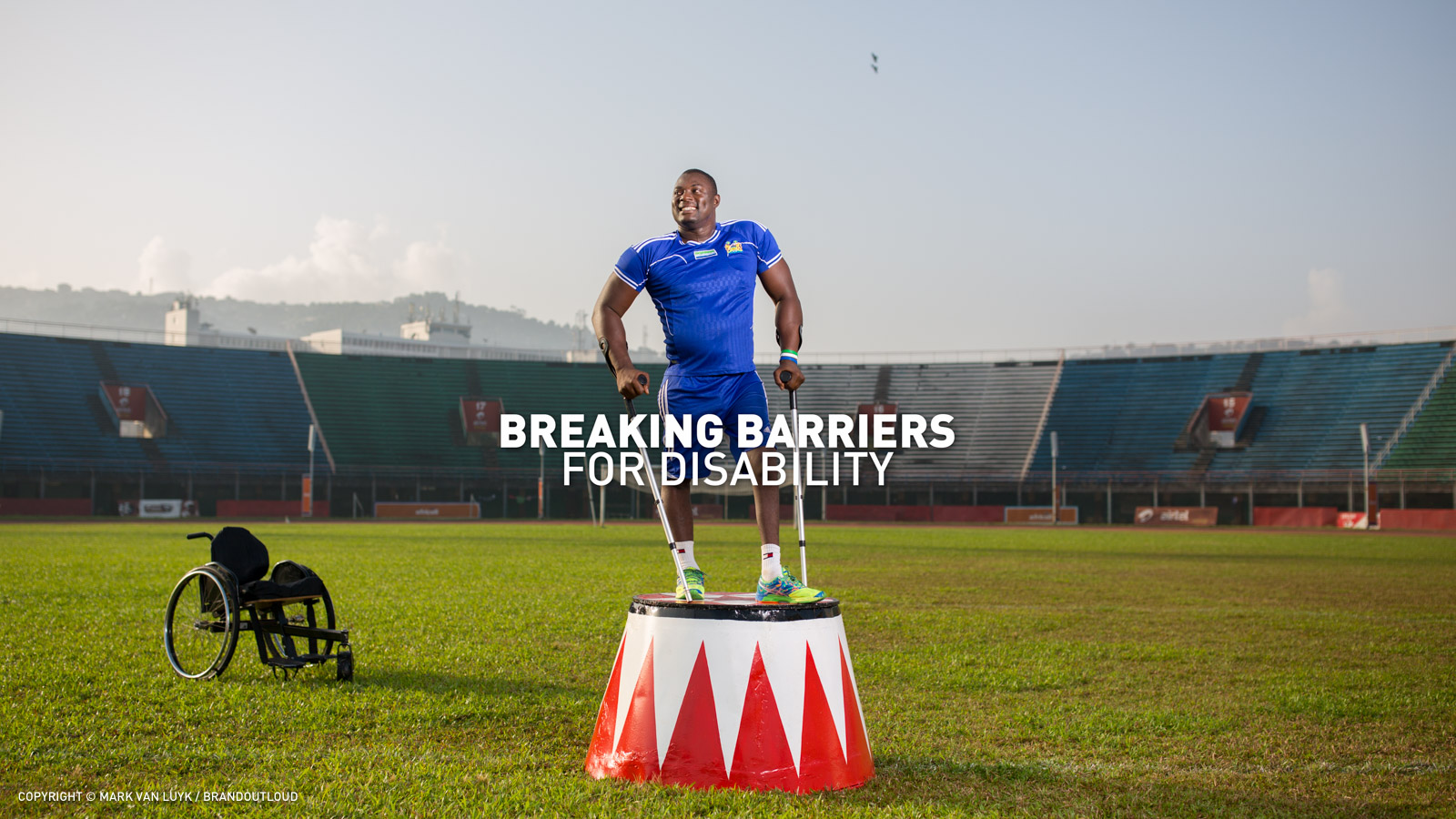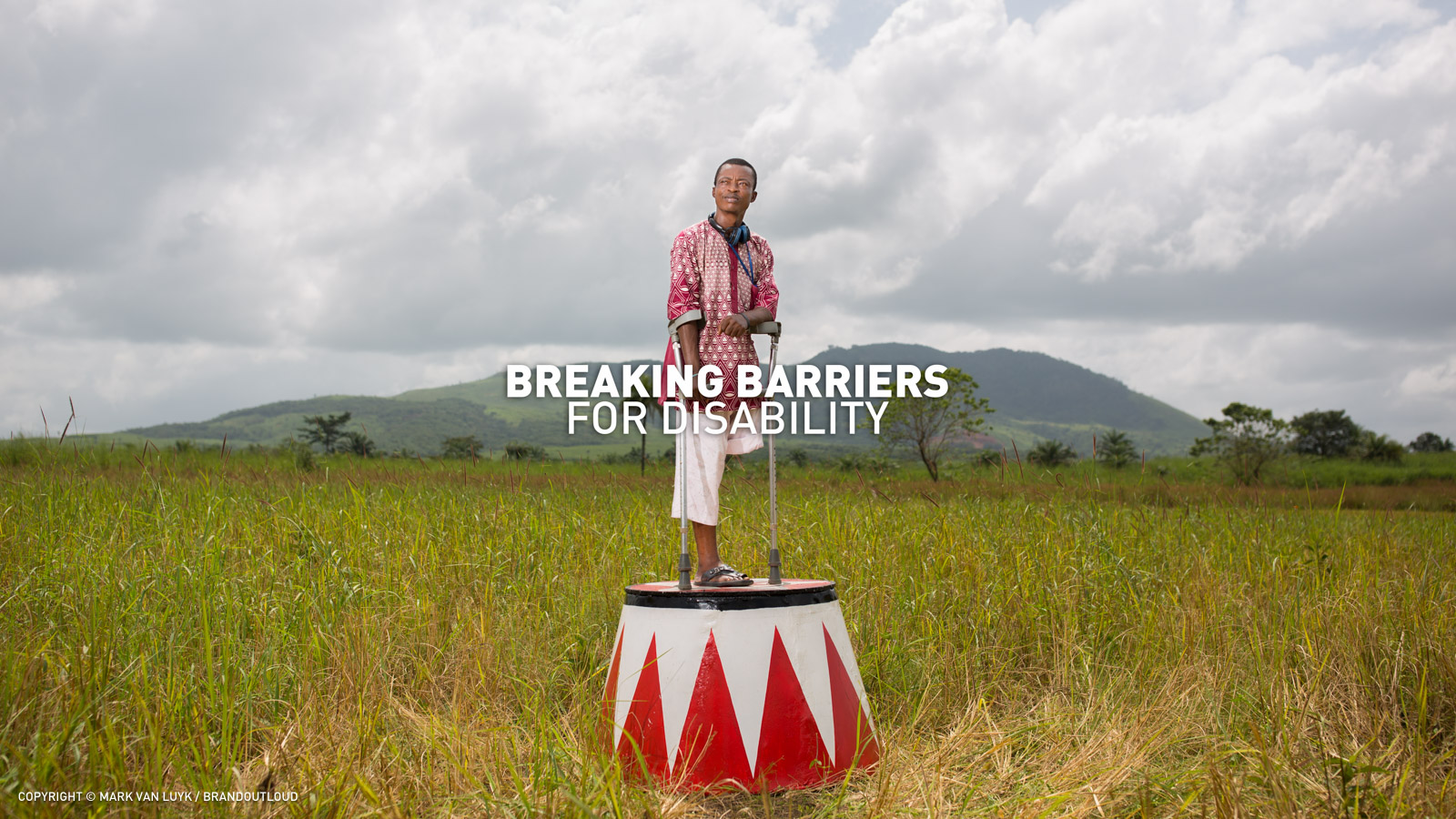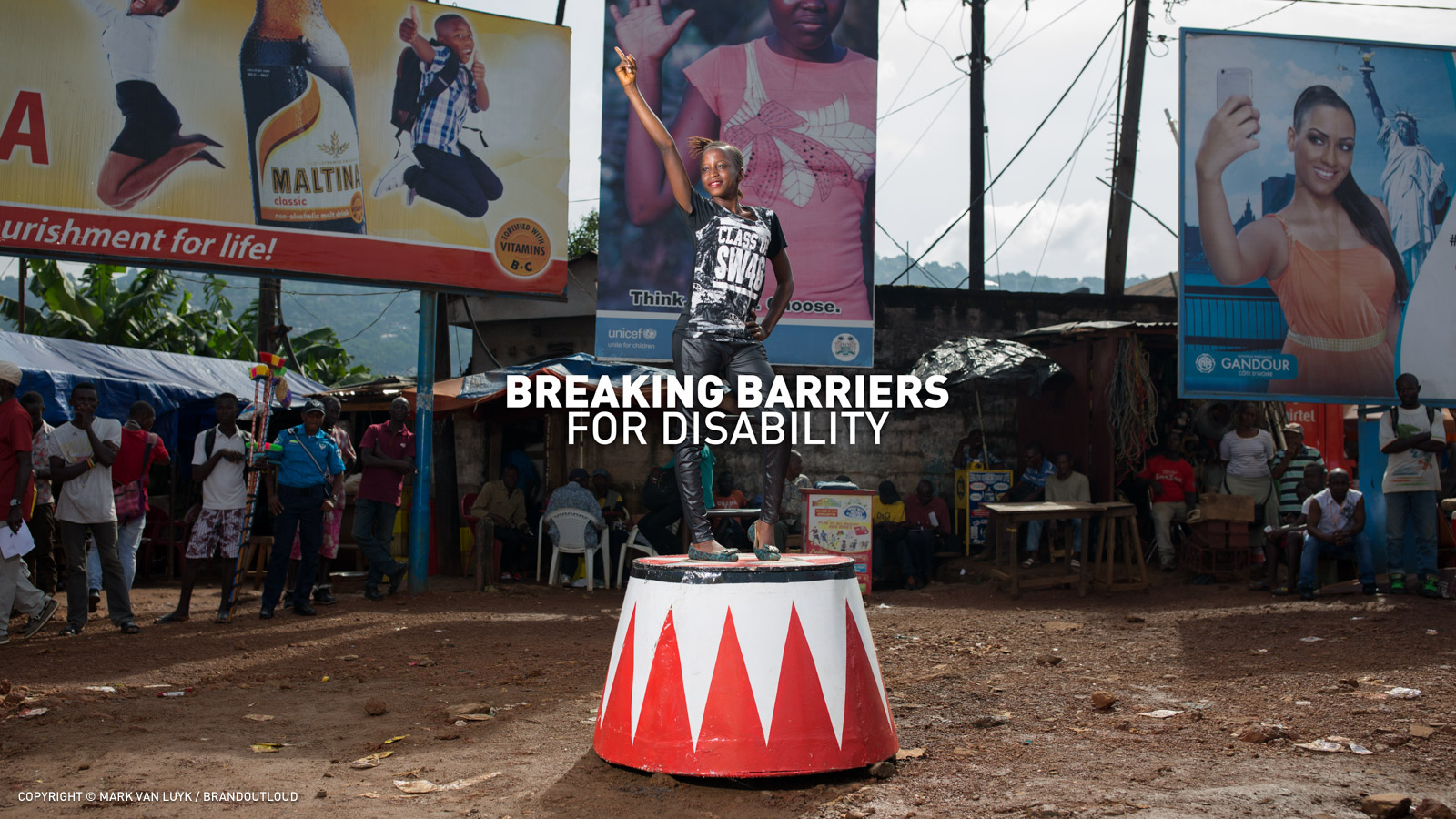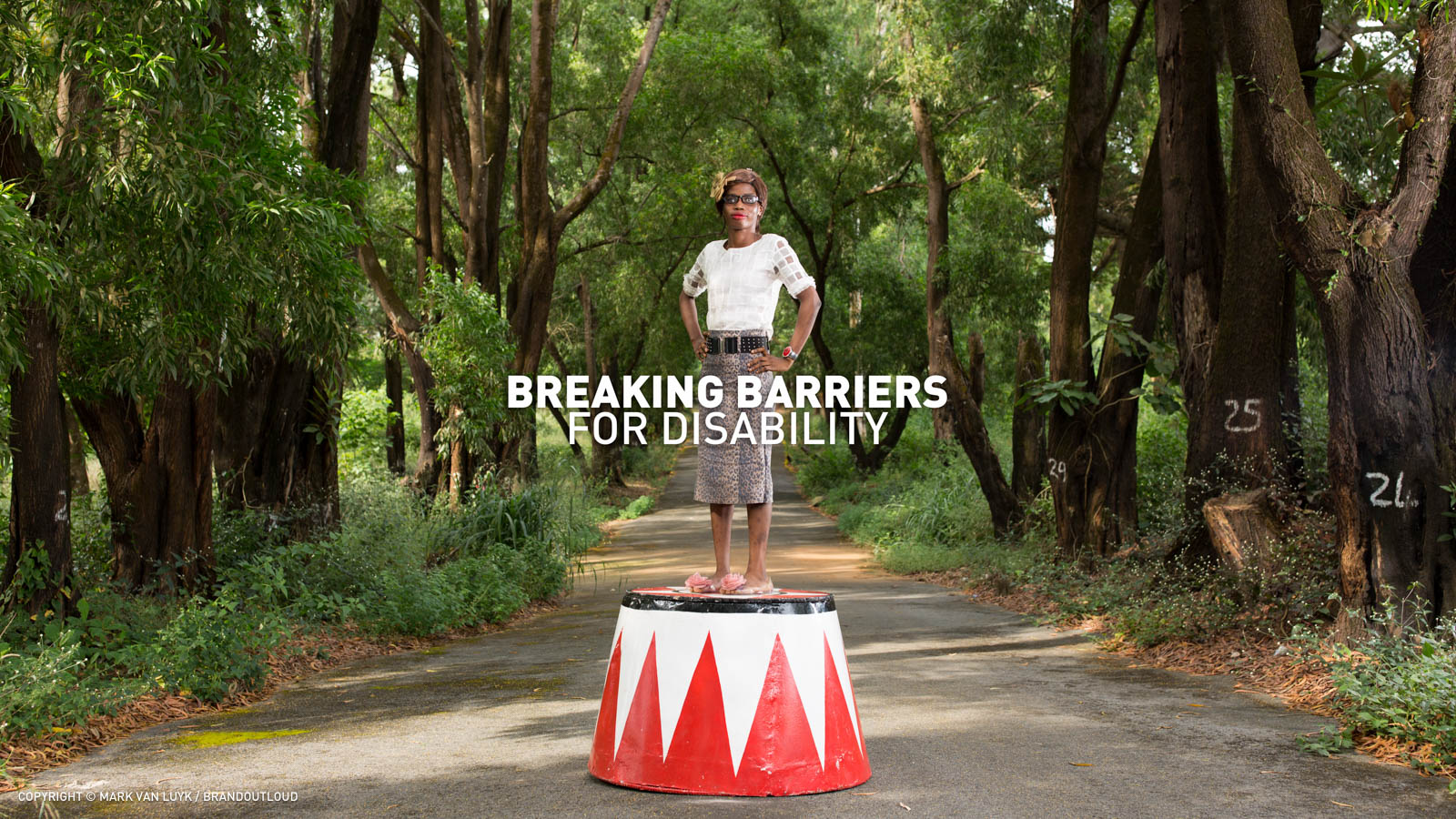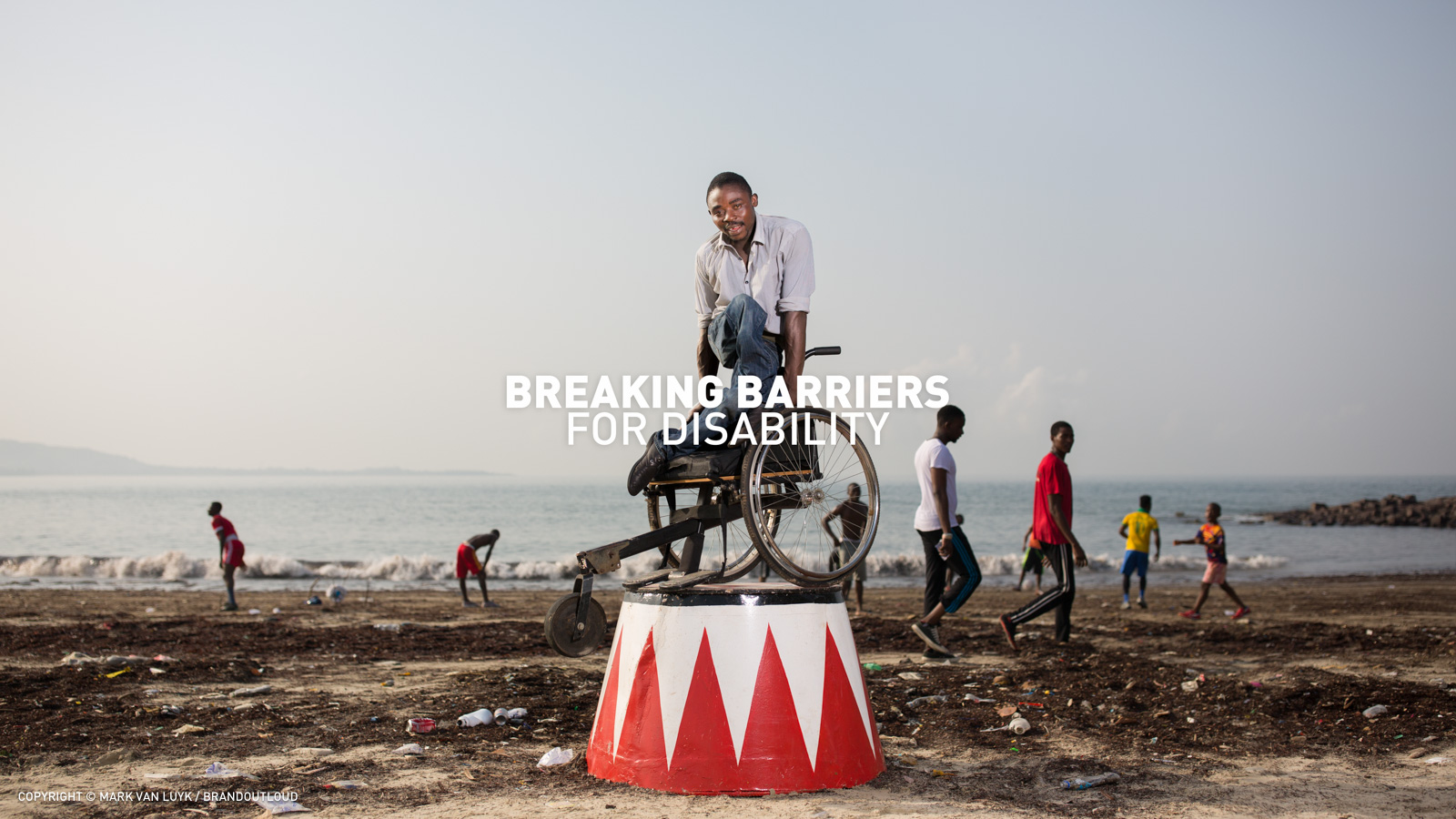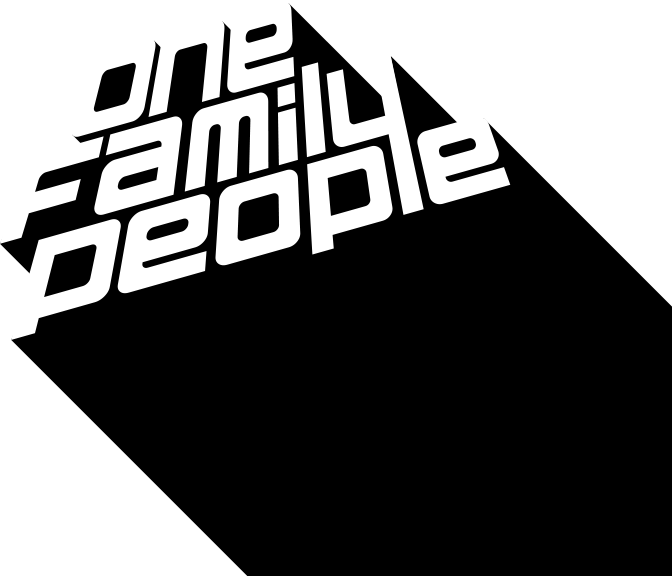Discussion for 16 Days of Activism against GBV
15 December 2019
 Every year, OneFamilyPeople, organize and coordinate activities in support of the 16 Days of Activism Against Sexual Gender-Based Violence (SGBV), which is annually observed by the United Nations from 25th November, the International Day for the Elimination of Violence against Women, to 10th December, the Human Rights Day.
Every year, OneFamilyPeople, organize and coordinate activities in support of the 16 Days of Activism Against Sexual Gender-Based Violence (SGBV), which is annually observed by the United Nations from 25th November, the International Day for the Elimination of Violence against Women, to 10th December, the Human Rights Day.
Throughout the 16 Days, OneFamilyPeople and Women with Disability’s Development Consortium (WDDC) intensified awareness and efforts to end SGBV. We jointly organized the first Panel Discussion to amplify the voices of women and girls with disabilities to speak against SGBV issues affecting them and call for their inclusion in the struggle with the local theme “Orange the World – Persons with Disability Stand Against Rape”. This theme was chosen, given the fact that Sierra Leone has waged a war against rape and other forms of GBV. And those who bear the brunt are women and girls with disabilities. Unfortunately, they are still marginalized, side-lined and kept on the side.
The idea of the Panel Discussion, was to have a conversation with stakeholders and women and girls with disabilities to see what we can do as a nation to address GBV through an intersectional lens.
Stella Bangura, a popular TV presenter at AYV Media Empire moderated the discussion. In her opening remarks, she said that the 16 Days of Activism is to get individuals, organizations, governments and people to come forward and talk about issues affecting them every day, take a stand and demand justice, hold people accountable for their actions and inactions and give them the opportunity to voice out their issues.
Monica Yeni Ngaliwa

Don’t let disability stop your dream
“Whatever you dream can happen if you believe and have self-determination, self-motivation and self-confidence. In the midst of challenges, always say to yourself, I can do it, I will do it, I must do it.” This has been Monica’s driving force. She is such a formidable young woman and inspirational to a number of girls and young people across the country. She always had a passion for journalism, she loves talking and inspiring people to be all they can be. “I have my organization which is called Inspiration for Human Development, I got the name inspiration because Monica herself is standing here and if Monica does not inspire you then I don’t know who else”.
Rising above blindness
Monica is a living testimony that disability can happen to anybody, it happened to her, it can happen to you. Monica was not born blind, she lost her sight at the age of 18, few days after the death of her father. “When I lost my sight, I taught that was the end. I asked myself, how am I going to put myself back to society? how am I going to stand up and say no, blindness will not be a barrier to me? Coming up as a child, I wanted to become a journalist and losing my sight was destroying my dream. My mother did all she could to help me regain my sight, going from one hospital to the other until she nearly lost her job. For many years I was just sitting at home hopeless. Then it came a time when I gained self-inspiration and motivation to rise above my blindness and decided to accept my condition, make my mom less worried and seek education as the only way out to achieve my dream.”
Monica went to Every Nation College, did a diploma in “Mass communication in journalism” with the support of Liliane Foundation through OneFamilyPeople. “After two years of studies, I was sent as intern at SLBC where I made my mark and BBC Media Action Group made a documentary about myself as the first visually impaired female journalist in Sierra Leone. It is because I did not give up, because I stood strong and I continue to repeat to myself that - I can do it, I will do it and I must do it-”.
Changing the narrative
"The only way we can change the narrative is to stay true to our dream".
When the Big Brother House Mate Reality TV Show started, Monica came forward, the judges had their doubt because the place wasn’t entirely disable friendly. There were concerns about how she was going to live in the house and interact with people, but she proved everyone wrong.
“I said I want to be part of the show but people were doubtful about my blindness. What I wanted is to change the narrative!. People often think that because we have a disability, we are nonentity, we should be in the street begging, we have nothing to offer to the society. And I want to change this perspective. She went for the audition and was among the 20 selected. She went to the House and came up to be the first runner-up. “I’m call on to women and girls with disabilities, don’t give up on yourself, there is a whole potential in you. People will see your disability but you see your ability. People will call you disable but you call yourself differently able”. Monica is also a proud YALI alumni. The YALI director Madam Shola said: “I have been in the field of training young leaders for the past 27 years but I have never been inspired the way Monica inspired me”.
Monica is now hosting a radio show on disability with AYV Media Empire

“It will take more than a bullet to take my life”
Zainab is a victim of the 11 years senseless civil war in Sierra Leone. During the January 6 invasion, she was shot from the chest, the bullet went to her spinal and she became paraplegic. Due to the precarious nature of the security situation, she was treated at a community hospital through the help of a medical practitioner who was her neighbor. When her condition became worse, the doctor said to Zainab that she was going to die if surgery was not performed immediately. “I looked at him in the eyes and said that it will take more than a bullet to take my life”. Zainab was determined to live and fulfil her purpose in life. It was terrible, she was having difficulties to breath and was vomiting blood. They gave her the oxygen mask to resuscitate her but the doctor was unable to perform the surgery at the community hospital because of lacking of equipment. Suddenly, the Minister of Health by then visited the community hospital and rushed her to the military hospital where they successfully performed the surgery and removed the bullet in her spinal. She stayed there for nine months until one day, she was fed-up, she wanted to go home, she wanted to go to school, live a normal life.
The choice to get up or to give up
Making the right choices padded to the hard work and determination is what will guarantee your future. “I became frustrated, confused and lost all hopes to return back to school after learning that I will never be able to stand up and walk again”.
Before the war, Zainab was not having any form of disability but since the bullet hit her spinal cord, she couldn’t even move her feet. After being discharged, she went home and started going to NRC for rehabilitation. The therapist encouraged her not to give up hope, showed her that she could still go to school and motivated her to use her mind because it was her choices which could make the difference. “I made up my mind, even though I was and I am bound to this wheelchair. That was the time when I decided to be educated.''
Zainab knew that her greatest disability was her way of thinking and it was important to make up her mind and not give up because if she gives up, there will be no hope. And without hope there is no life.
Back to school
Zainab faced many challenges and marginalization during her schooling due to her disability. “Even to be in my wheelchair on the road, people were staring at me”. But going to school was some kind of healing for her even though the school was not disable friendly. At school, she was able to mix with other children, make friends and study hard. “At home, I had more time to study because nobody was going to ask me to do the laundry or sweeping the house”. Despite all those challenges, Zainab managed to pass her school certificate examinations and gained admission to college. Though the challenges did not disappear, she pressed on knowing she was prepared to succeed against all odds. “I really appreciate all the people who supported me to be the first disable female graduate in the Department of Political Science and History at Fourah Bay College”.
The challenges Zainab and her colleagues experienced, made her realize the need to established a non-profit organization called Empowerment for Disability and Social Integration to help persons with disabilities acquire higher education as enshrined in the Persons with Disability Act 2011.
Fighting together
Zainab believes women and girls with disability play an import role in the fight to eliminate all forms of violence against women and achieve gender equality once and for all. As a result, in honor of the 16 Days, with OneFamilyPeople and Liliane Foundation support, Zainab helped establish Women with Disability’s Development Consortium (WDDC). A consortium of more than 25 organizations of women with various categories of disability representing the collective interests of women and girls with disabilities and promoting their rights, freedom and inclusion. These organizations unite their efforts with the national women’s group to combat GBV and ensure that service providers make conscious effort for women and young people with disabilities to access GBV prevention and services. Some service providers demonstrate lack of knowledge and sensitivity about how to serve women and young people with disabilities which results in failure to identify women and girls with disabilities who have experienced or are currently experiencing. Zainab is also a teacher to service providers about disability and how to serve people with disabilities. “I wanted to thank OneFamilyPeople and the Liliane Foundation for giving us the platform to talk about issues that are important to us - for far too long, the voices and choices of women and girls with disabilities have not been heard. To my sisters with disabilities in the struggle, do not suffer in silence but speak out, WDDC is here to protect you”.
